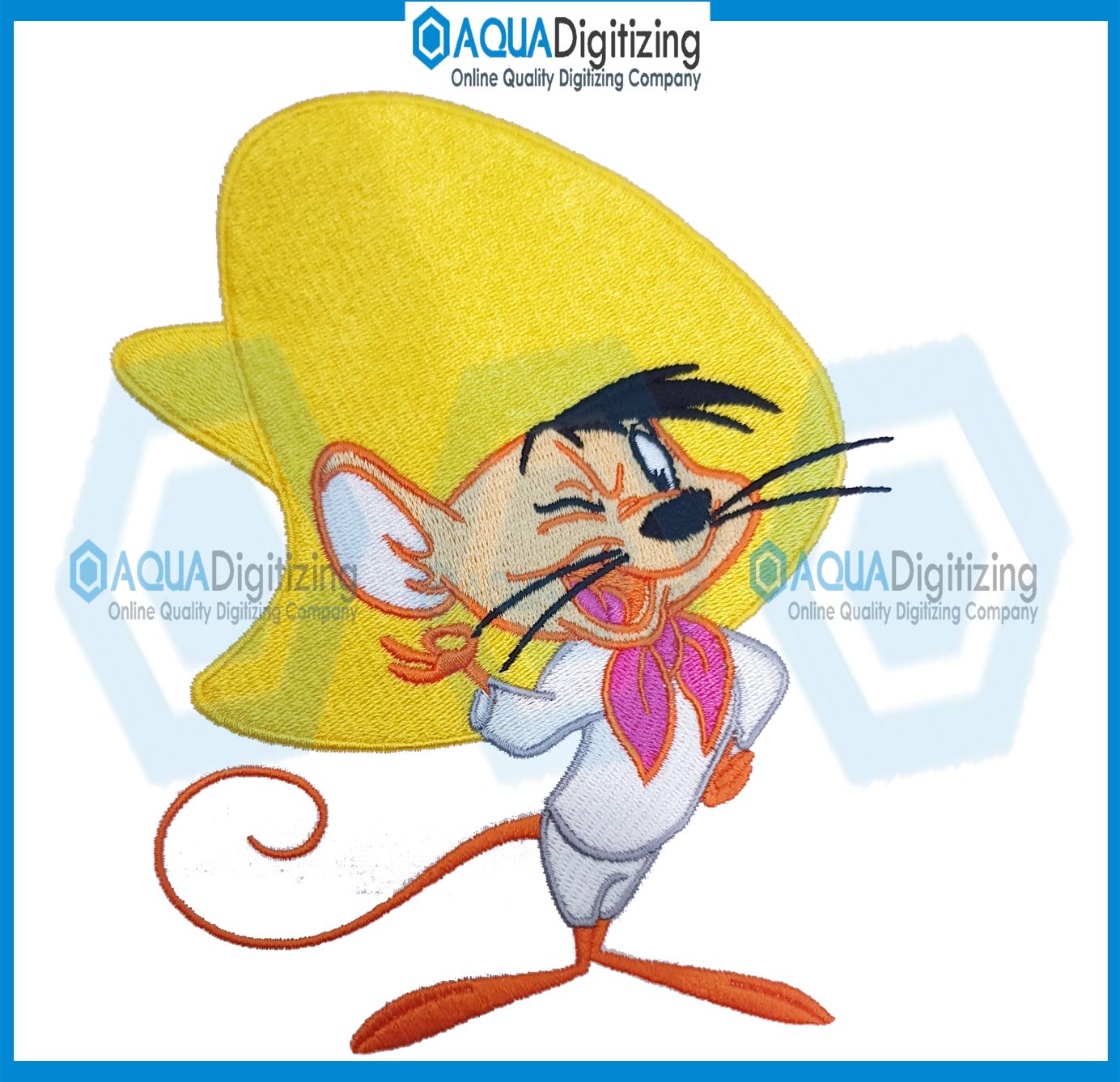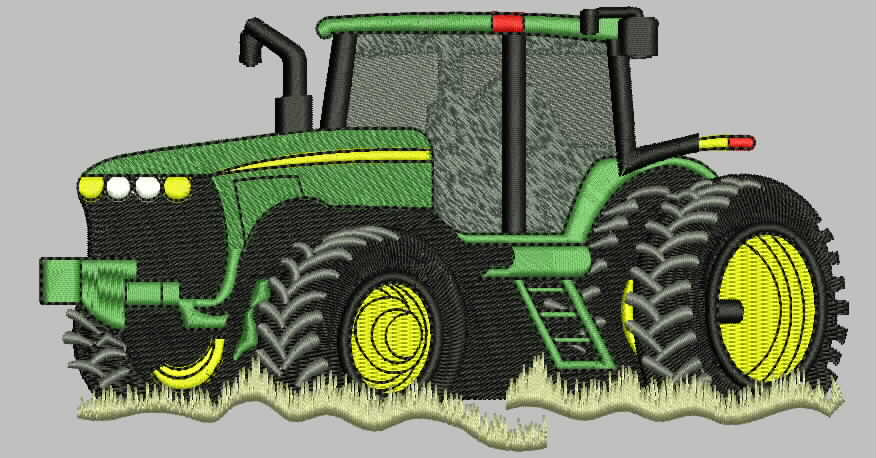
Embroidery is a beautiful art and business. A fine embroidered part is a product of creativity, and that’s a confirmed reality. However, before you can get begun on your prize you require picking your thread. Here are some tips.
Choose Your Thread Weight:
Thread weight goes the reverse of how it seems. The more the thread weight figure, the lighter and smaller the thread. And, a small thread-weight amount indicates a higher more complex thread.
To contrast, regular stitching thread sizes in at 50 wt. Regular embroidery threads are slightly nicer, some normally 40 wt, Although 30 wt is not unique. Except defined, almost all digital machine embroidery patterns are digitized with 40 wt thread.
So 80 wt or 100 wt fibers are best for little antique needlework. Thread or cover stitching with a 12 wt. thread will nearly see prepared by hand.
Material of thread:
- Rayon:
The various commercial and cheap machine-embroidery thread, easily available, easy to do, and available in numbers of attractive shades.
Composed of natural cellulose, rayon threads ought a rich shine and light feeling still can weaken after some time.
- Polyester:
So great, so lively, So bright and simple to work. These artificial fibers are also dull and bleach repellent. This presents them with a smart choice if you’re embroidering any project so there is a demand for many washes. Same as your children’s clothes, napkins, and materials.
Trilobal polyester fibers are so important because they’re produced from many threads. And their angular form supports them to think still more extra shine than regular rayon and polyester threads.
- Cotton:
The latest original thread and an age-old standby. The free most regular cotton fibers are obtained from long-staple Egyptian cloth.
Largest cotton threads possess matte shine than polyester or rayon. Machine embroidery including cotton thread copies hand-embroidery. Getting it best for quilting, redwork, bean stitch, and cross-stitch patterns. As also on delivering a hand-stitched appearance including your machine.
- Silk:
Different original fiber, silk has the durability of cotton and the power of polyester just a bright that is different it’s own.
Very light at 100 wt, silk is a preference of embroiders and crafters who prefer hand and machine-embroidered appliqué.
 315-215-0681
315-215-0681







